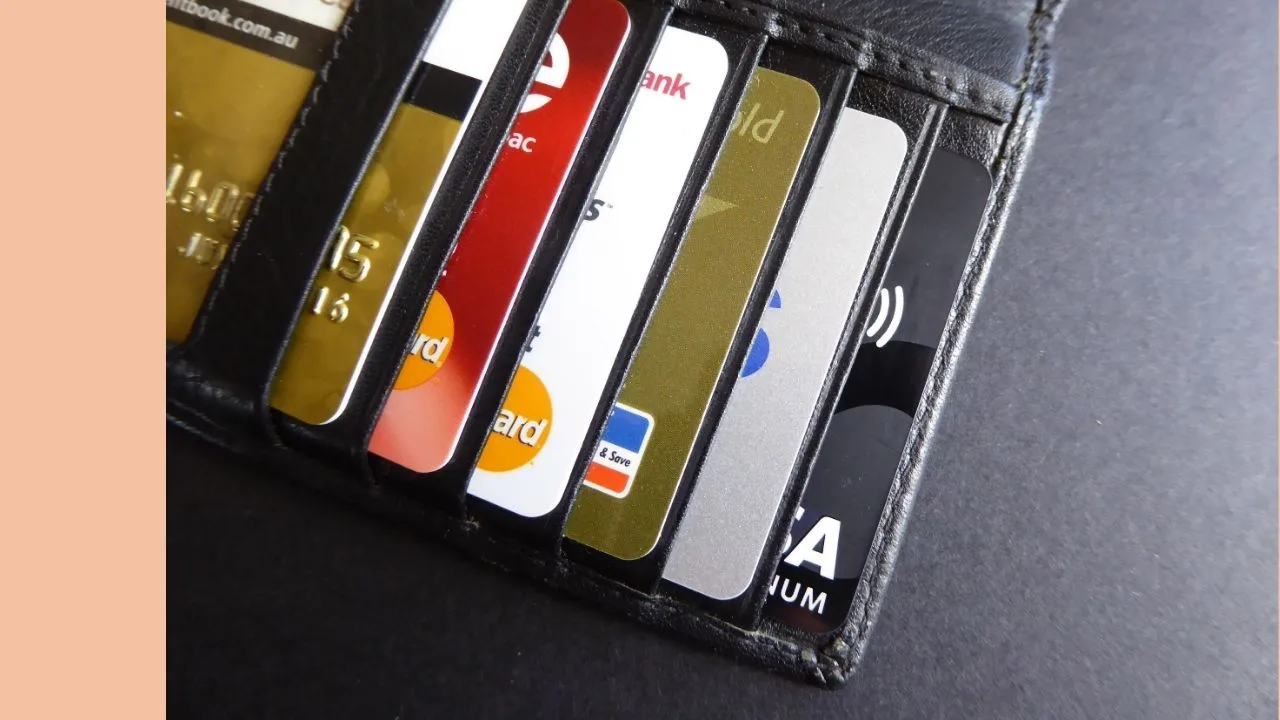According to the CoreLogic home price index, in January 2019 national Australian house prices fell by 1% across the country.
Starting with the good news, Canberra house prices actually increased by 0.2% during the first month of 2019.
However, it goes downhill from there.
Sydney and Melbourne House Prices Fall
Sydney house prices dropped 1.3% last month, with Corelogic showing a 9.7% decline over the past 12 months.
Melbourne house prices fell even harder showing a 1.6% drop in January 2019, Corelogic said that Melbourne prices have fallen 8.3% over the past year.
The worst-performing city in January was the 1.7% decline in Darwin, with Perth house prices also dropping by 1.1%.
Brisbane and Adelaide house prices both went down by 0.3% last month and even high-performing Hobart showed a 0.2% decline.
Speaking to ABC News, CoreLogic Head of Research Tim Lawless said: “This is the new normal. Tight credit conditions, weakening consumer sentiment, less domestic and foreign investment and higher levels of housing supply are the primary drivers of the worsening conditions.”
What now?
Sydney and Melbourne house prices fell at annualised rates of 15.6% and 19.2% respectively. The median Australian property value has fallen to $528,553, which still means a 1% fall represents more than $5,000 dropping off the value of a house price in a single month.
All eyes will be on the release of the Royal Commission report, which is expected next week on Monday. Commissioner Hayne may formerly recommend that banks make further efforts to verify the income, assets, liabilities and expenses of potential borrowers, which banks are supposedly already doing.
Many politicians and commentators are blaming the banks for the falling house prices. But you didn’t hear many people arguing the banks were lending out too much between 2012 and 2017, causing house prices to go up too quickly.
Commonwealth Bank of Australia (ASX: CBA), Westpac Banking Corp (ASX: WBC), Australia and New Zealand Banking Group (ASX: ANZ) and National Australia Bank Ltd (ASX: NAB) have tightened their requirements, particularly with investors. If they had been lending with the same requirements for the past two decades Australian house prices probably wouldn’t have risen so much in the first place.
Economists now fear that falling house prices could lead to housing developers like Mirvac Group (ASX: MGR) and Stockland Corporation Ltd (ASX: SGP) unable to sell some of their stock, leading to further price discounts and a reduction of their construction workforces.
A negative ‘wealth effect’ could also lead to a drop in discretionary spending on electronics and household goods at Harvey Norman Holdings Limited (ASX: HVN) stores and JB Hi-Fi Limited (ASX: JBH) outlets.
Australia may be able to muddle through the downturn without an ‘official’ recession, but I’d like a share portfolio full of reliable businesses to weather the downturn.
3 reliable ASX shares which could keep growing in a recession
[ls_content_block id=”14945″ para=”paragraphs”]









